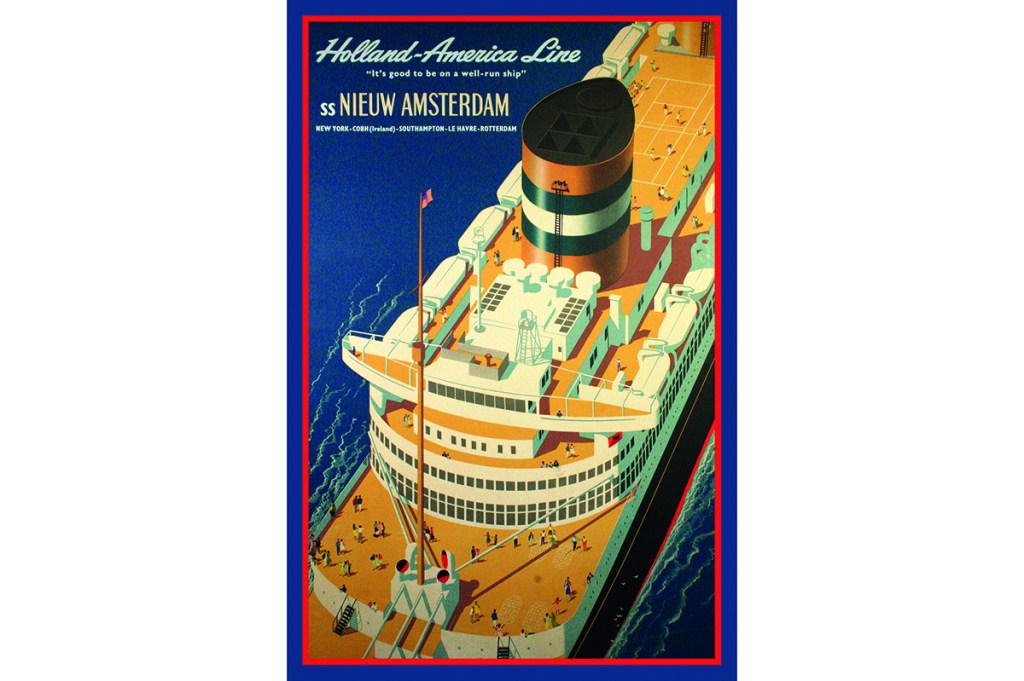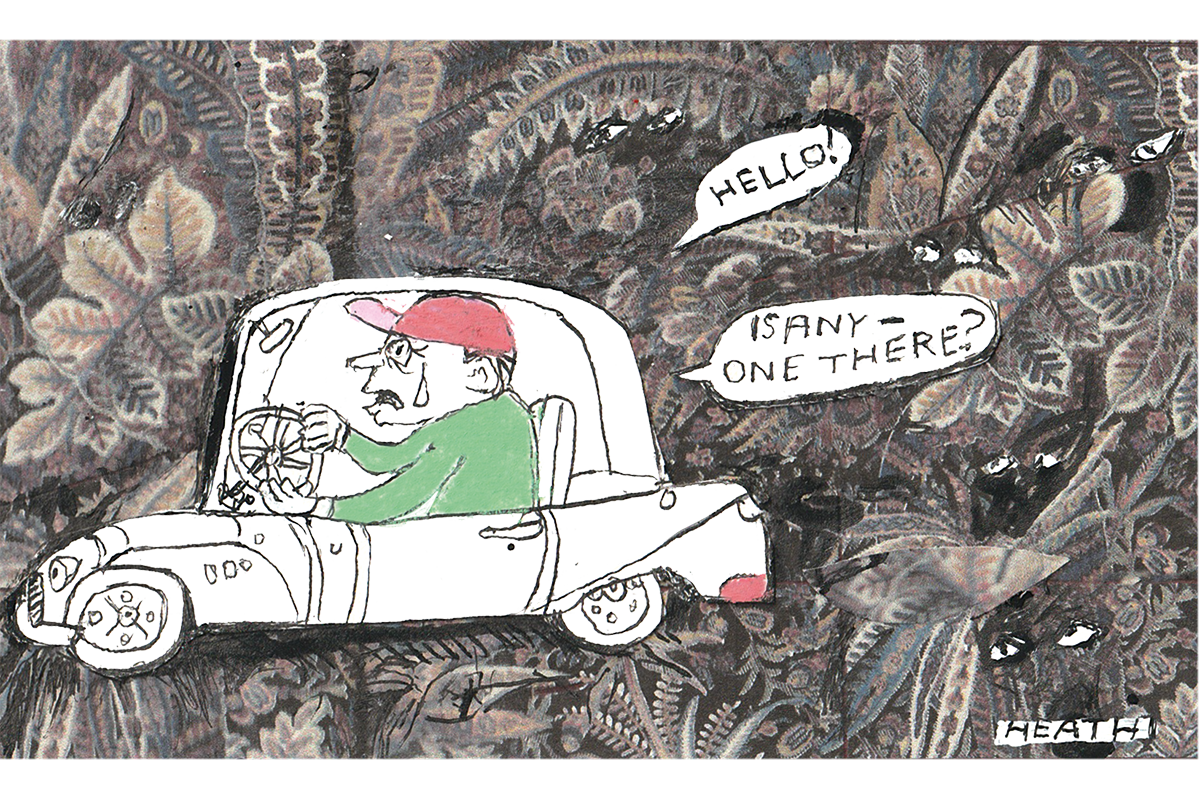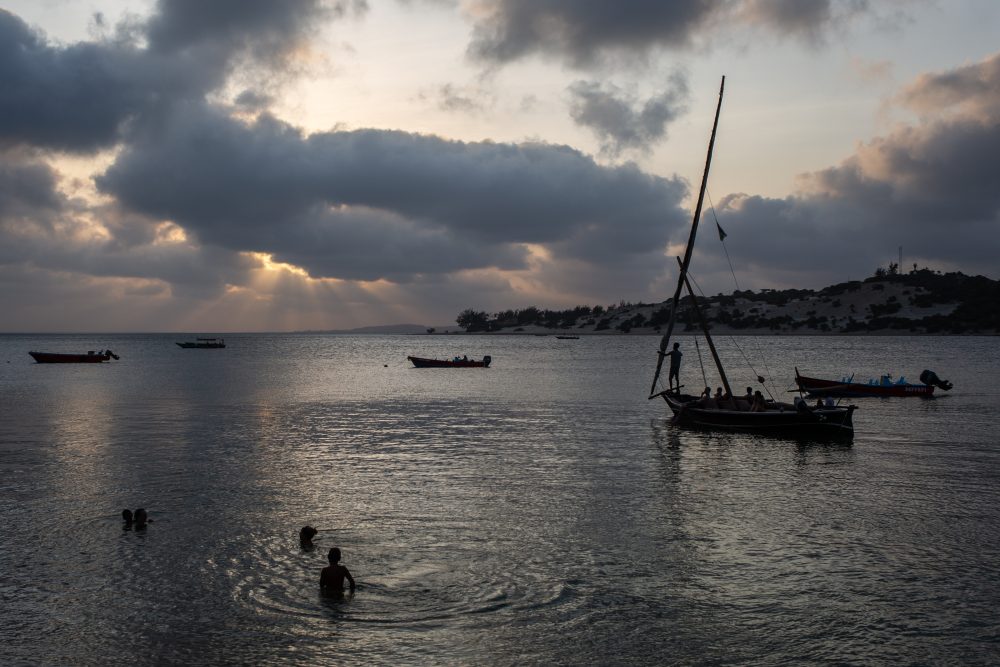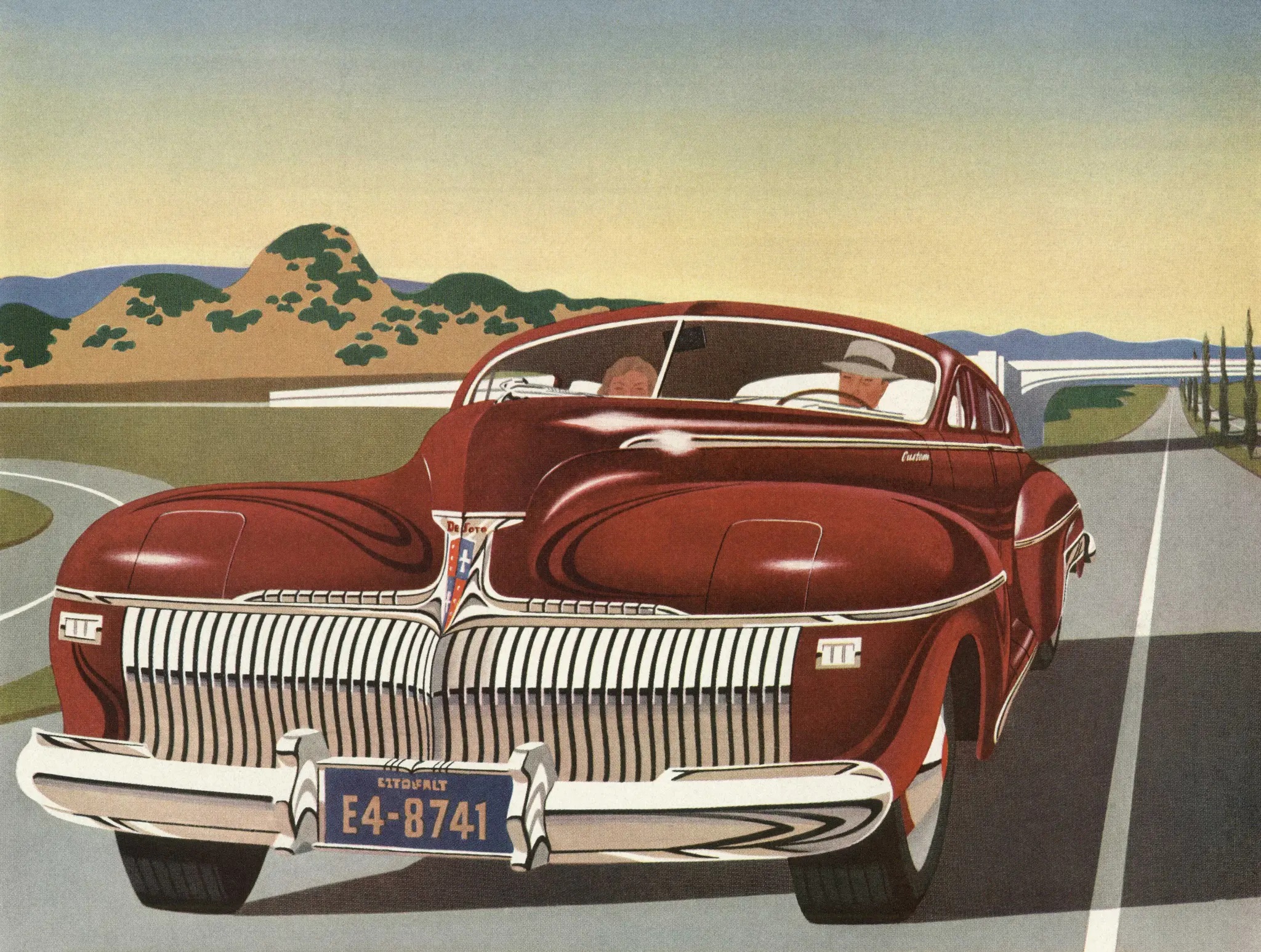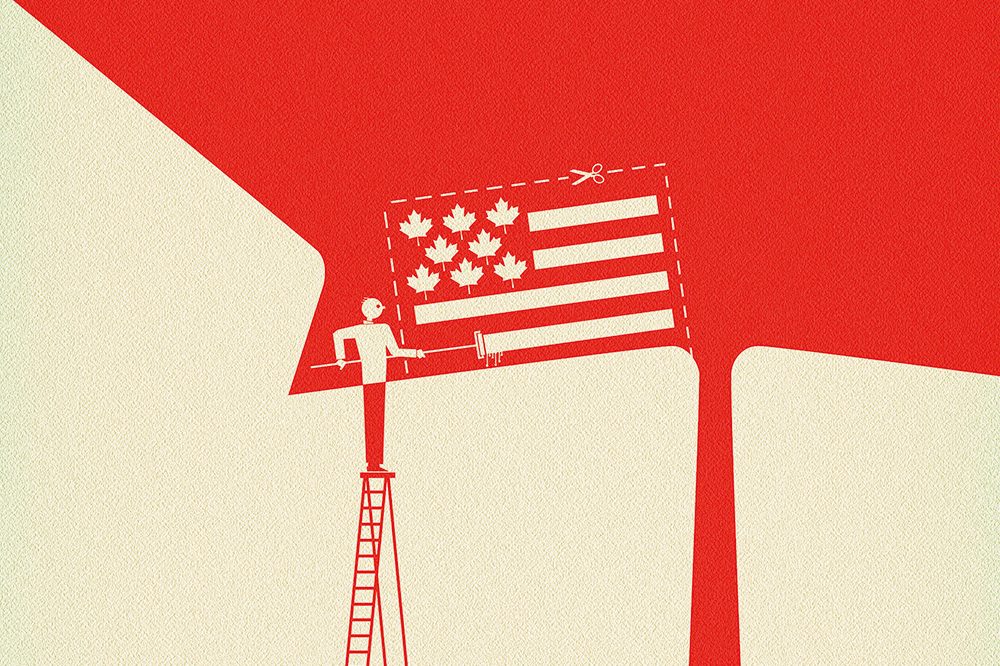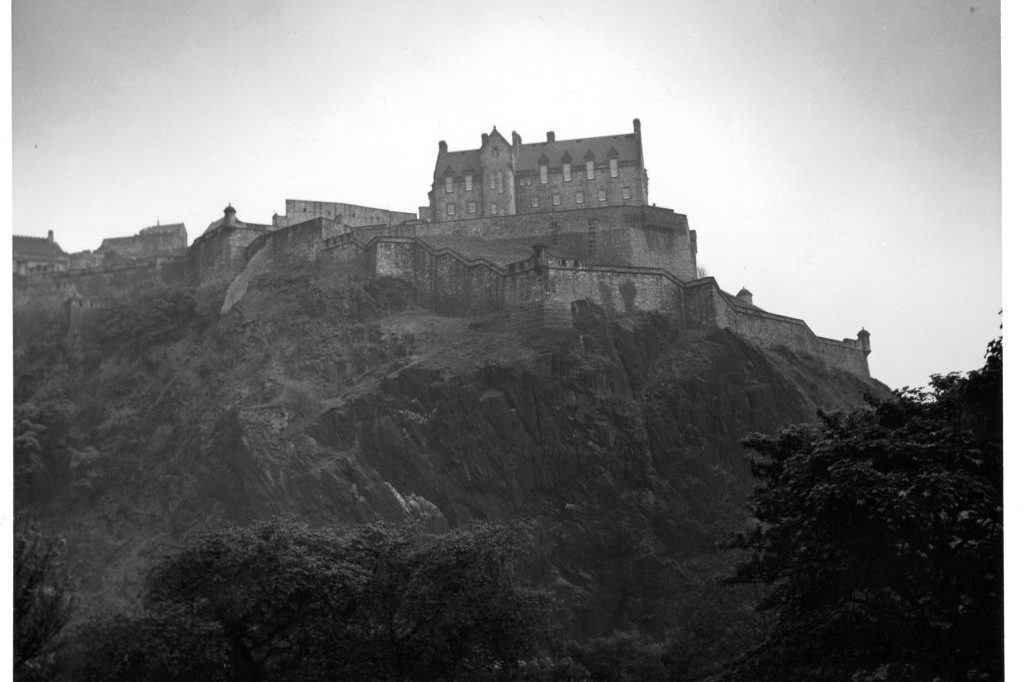While many travel addicts went into hibernation during the pandemic, as public health scolds around the world turned our joyful compulsion into a sin, I kept roving despite the hassles. On an Easter Week trip to the Dominican Republic in 2021, I watched police battalions forcibly remove masked people from the streets of Santo Domingo at the 8 p.m. curfew. I spent a fortune on Covid tests for visits to Germany, Azerbaijan, Ecuador, Brazil, Argentina, Uruguay and various Caribbean ports. And I was badgered about wearing masks, even outdoors, on three continents.
During Covid, the cost of car rentals soared, airlines found ways to make air travel even less pleasant than it already was, and hotels cut corners — eliminating free breakfasts, in-room coffee, daily housekeeping and other perks, all under the illusory guise of public safety. Service suffered too, as travel-industry employers struggled to find quality staff at a time of government largesse and as tensions over mask use and other issues boiled over. Many of these pandemic problems remain in play on land but not, as I just found out, at sea.
I’ve just returned from my first trip since the start of the pandemic where I felt free to enjoy the experience, and it felt like a throwback to a bygone era when travel was more pleasure than travail. I took an eleven-night voyage with my family on the Celebrity Edge cruise ship to Cartagena, the Panama Canal and the ABC islands (Aruba, Bonaire and Curaçao). It was pure bliss. Unlike when we cruised last Thanksgiving, this time there was no testing requirement (for the vaccinated), no mask requirements, no onerous rules, no guilt and the sort of remarkable service I haven’t experienced in a very long time.
In 1995, David Foster Wallace wrote a hilarious essay for Harper’s on the “nearly lethal pleasures” of a Celebrity cruise he took. Wallace wasn’t a cruise guy — he suffered from clinical depression and hanged himself in 2008 — but he couldn’t help marveling at the “atmosphere of sybaritic and nearly insanity-producing pampering.” Wallace reported that his dimpled cabin steward cleaned his cabin “within a centimeter of its life at least ten times per day but could never be caught in the actual act of cleaning.”
Our experience was much the same; it was a delightful contrast to the current state of affairs in the hotel industry, where you’re lucky if your room is cleaned at all. We ate embarrassing amounts of high-quality food and reveled in small luxuries: attentive staff who’d remove every crumb from our table prior to dessert and were on hand to greet us with lemon-scented cold towels and drinks after days in ports.
The highlight of our voyage was meeting crew members from thirty-six countries. I started counting because the diversity of the staff was mind-boggling. In a typical meal, we’d meet crew from at least three or four countries, often from multiple continents. You can learn a lot when you show up to dinner and get to chat with a maître d’ from Ukraine, a sommelier from South Africa and waiters from Cameroon, Indonesia, Brazil, Mauritius and elsewhere.
I met maintenance people from Guyana, baristas from Montenegro, sommeliers from Zimbabwe, shop assistants from Serbia, bathroom attendants from Barbados, greeters from Kenya, a masseuse from Slovenia, bartenders from Nepal and what seemed like entire villages of people from India, Indonesia and the Philippines.
The common threads were that these employees are kind, they work hard and they value their jobs. The intelligentsia disdains cruising, largely because of exaggerated environmental claims and a sense that cruise travel is shallow and inauthentic. They also claim that crews are underpaid, which is unfair, because they can make a lot more money than in their home countries and with virtually no expenses.
The intelligentsia also may not realize it, but one can learn a lot on a cruise just by talking to the crew and keeping one’s eyes and ears open. All of us have a limited time on this earth and most have limited finances with which to explore the world. Cruise travel offers a tapas-like approach to exploration — you can get a taste of many places in a short period of time. Others prefer to gorge themselves with longer and repeated visits to places they like. I like to mix things up and believe that there isn’t just one correct way to indulge wanderlust.
In the best of times, travel is a means of escape. Through the pandemic, life’s unpleasant realities encroached far too often on the fun. For twelve days and eleven nights, we got to live on a floating United Nations. Only this one was infinitely better run, more luxurious, more harmonious and had better food, plus ping-pong, karaoke, yoga, a disco, swimming pools, jacuzzis, a casino and remarkably nice people. Rather than condemning and sanctioning the cruise industry, bureaucrats, businesspeople and anyone with customers ought to board a well-run ship like the Edge and see what they can learn about both international cooperation and service in this era of guilt-tipping and indifferent service.
This article was originally published in The Spectator’s April 2023 World edition.



